
Biological and Agricultural Engineering Extension
Aligned with our land-grant mission, the Department of Biological and Agricultural Engineering is an integral part of Texas A&M AgriLife, dedicated to serving the state through innovative research, impactful Extension initiatives, and widespread outreach efforts.
Biological and Agricultural Engineering Extension specialists and program specialists engage in collaborative applied research, technology transfer and extension/outreach education addressing critical issues related to:
- conservation and protection of water resources
- water use efficiency and profitability in production agriculture
- Animal feeding operations
- practical and environmentally sustainable management of wastewater, stormwater and agricultural wastes
The BAEN team collaborates on cross- disciplinary and multi-agency programs to address the Grand Challenges of water, food and energy security, while providing high-quality, relevant Extension programs (and CEU opportunities) for local and regional audiences.
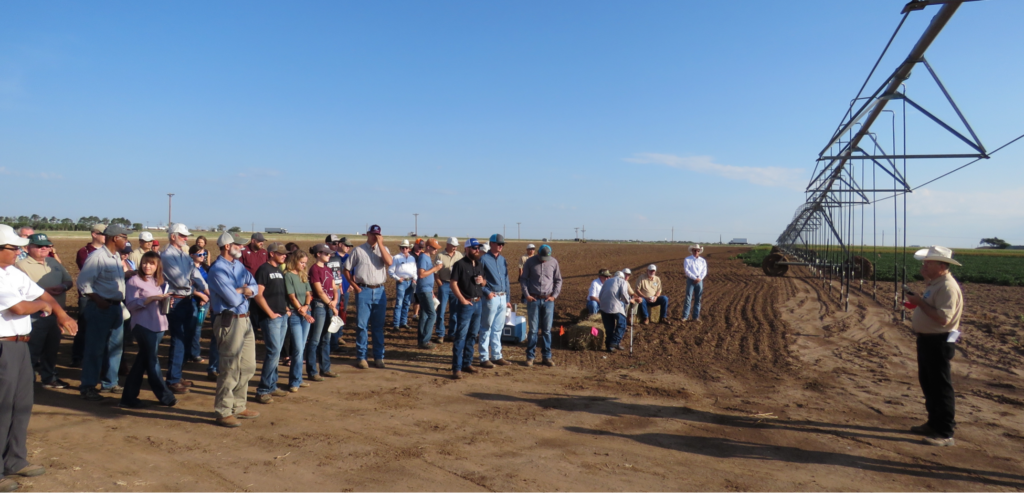
Find an Extension Specialist
We have Extension Specialists and program specialists across the state, conducting courses and providing resources to help Texans make technology and management decisions related to agricultural production and natural resources management.
Biological and Agricultural Engineering Extension Programs
Animal Feeding Operational Engineering
Animal Feeding Operational Engineering uses innovative engineering solutions to optimize animal feeding operations. Our Extension experts work with farmers and use new technologies and eco-friendly methods to help farms work better, produce more, and take care of the environment.
- Texas Animal Manure Management Issues is a one stop electronic library information and education on Texas Animal Manure Management Issues (TAMMI) to benefit producers, agricultural business professionals, government agencies, private consultants, educational institutions and general public.
- Feedlot Dust Control is an increasingly prominent environmental issue, especially in arid and semi-arid climates. Dust abatement strategies include feeding strategies, manure management, pen design and maintenance, and water application.
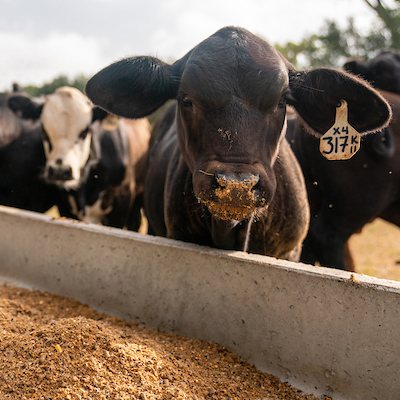
Irrigation
Our Extension Irrigation Specialists conduct conferences, workshops, and continuing education opportunities across the state related to irrigation scheduling, management and advances in equipment and technology.
- The Irrigation Technology Center provides testing services, educational resources, in-person short courses and online training for urban and agricultural irrigators.
- Our experts across the state hold a variety of outreach events focused on concerns and emerging technologies related to Agricultural Irrigation, the largest water use sector in Texas.
- The School of Irrigation holds research and education programs supporting the Texas Irrigation Industry.
- The Irrigation District Engineering and Assistance (IDEA) program provides technical assistance to irrigation districts in Texas and detects leaks in irrigation canals and underground pipelines.
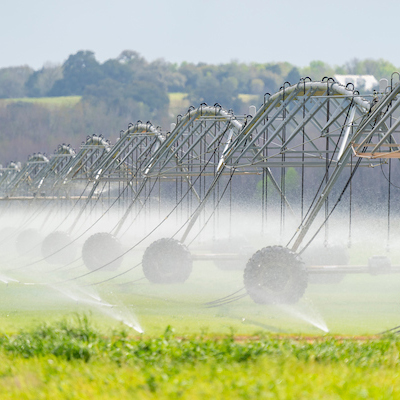
Urban Ecological Engineering
Cities face environmental and ecological problems as urban populations spike across the globe. Our Urban Ecological Engineering Lab provides solutions that mimic natural systems to address these issues and reduce the impact of urbanization on nature. The scope of the program is to research and educate ecological applications to solve engineering problems related to water resources. The goal of the program is to provide research based assessment of ecological engineering practices through field experimentation and modeling.
- Contact: Dr. Fouad Jaber, [email protected]
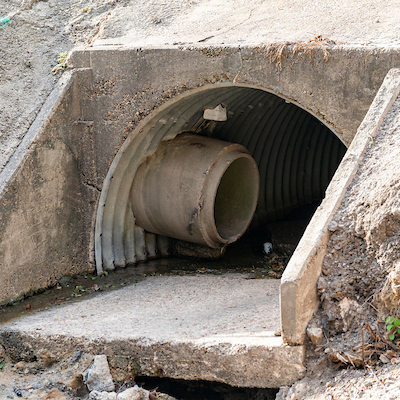
Stormwater Management
Our Stormwater Management Programs develop strategies to mitigate the impact of stormwater runoff on agricultural and natural ecosystems. Engineers in this field collaborate with local communities, farmers, and landowners to protect water quality and enhance soil health and prevent erosion.
- The Stormwater Management Program deals with increased stormwater flows in urban areas by promoting Low Impact Development (LID) practices like rain gardens, permeable pavements, green roofs, and rainwater harvesting.
- Rainwater Harvesting captures, diverts, and stores rainwater for later use. The Rainwater Harvesting program provides information related to in-home and landscaping water use, rain gardens, and wildlife water supplies.
- The On-Site Wastewater (On-Site Sewage Facilities, or OSSF) program helps Texans make better informed decisions when selecting, operating, and maintaining their onsite wastewater treatment systems. The OSSF team also provides Continuing Education Opportunities (CEUs) to support state licensed OSSF professionals.
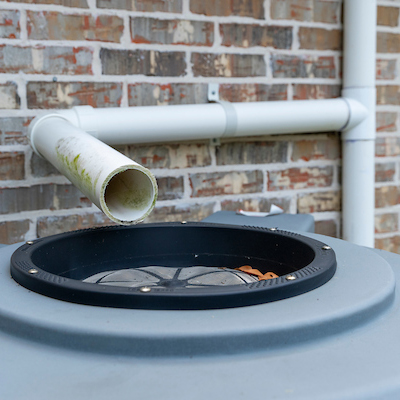
Browse our Resources on AgriLife Learn
We develop top-tier educational content, materials, and multimedia including online courses and publications to help our stakeholders make informed decisions.